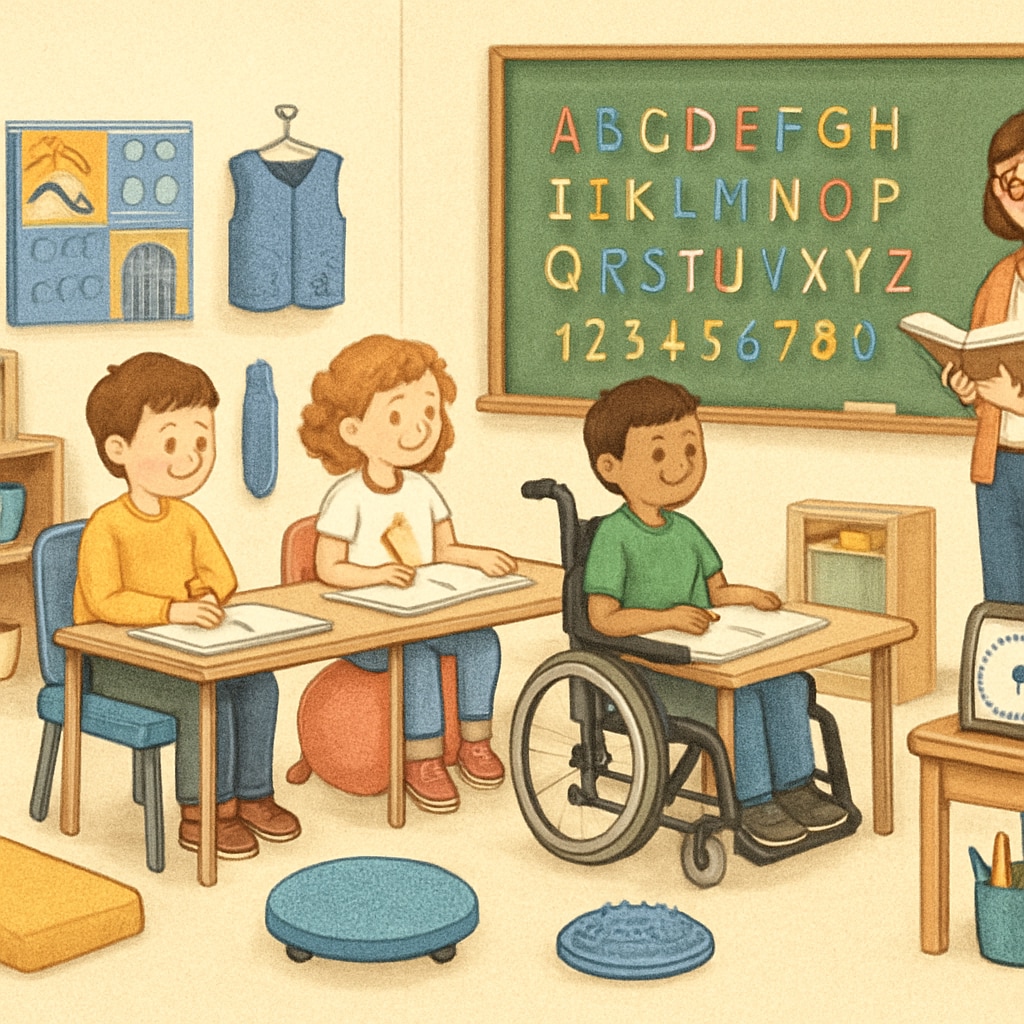Students with special educational needs often encounter significant admission barriers and interruptions to their education rights in the UK. A striking example involves a 15-year-old girl who was denied schooling due to her mental health challenges. This case underscores the urgent need for reforming educational policies to ensure that all students, regardless of their unique needs, have access to uninterrupted and equitable education.

Challenges in Accessing Education for Special Needs Students
For many families and students, navigating the complexities of the UK education system becomes especially challenging when special educational needs are involved. Admission barriers such as long waiting lists, insufficient resources, and lack of specialized support often prevent students from enrolling in suitable schools. Furthermore, schools may lack training or infrastructure to address diverse needs, exacerbating the issue.
One of the most troubling aspects is the prolonged delay or outright rejection faced by students with mental health challenges, sensory impairments, or developmental disorders. In the 15-year-old girl’s case, her struggle to find a school willing to accept her highlights the systemic gaps in addressing mental health within educational settings. As a result, her education was interrupted, potentially affecting her academic progress and self-esteem.
The Impact of Policy Gaps on Education Rights
The current policies governing special educational needs in the UK often fail to provide sufficient safeguards for vulnerable students. While the Education Act guarantees every child the right to schooling, implementation remains inconsistent. For example, schools may interpret guidelines differently, leading to uneven access for students requiring tailored support.
Additionally, the lack of coordination between health services, local authorities, and educational institutions means that students with mental health needs or other challenges may fall through the cracks. This fragmented approach leaves families overwhelmed and students at risk of educational disruption.

Solutions for Building an Inclusive Education System
Addressing these barriers requires a collaborative effort among educators, policymakers, and healthcare providers. Key solutions include:
- Training for educators: Schools should provide professional development to equip teachers with the skills to support students with diverse needs.
- Funding for resources: Increased funding can ensure that schools have access to specialized tools, personnel, and infrastructure.
- Streamlined admission processes: Establishing clear, standardized procedures can help families navigate the system more easily.
- Integrated support services: Coordination between health, education, and social care services can create a holistic support network for students.
By implementing these measures, the UK can move closer to creating an inclusive education system that serves all students equitably. Such efforts would not only uphold education rights but also foster a culture of acceptance and understanding within schools.
Looking Ahead: The Importance of Advocacy
While systemic changes take time, advocacy remains a powerful tool for driving progress. Families, educators, and community leaders must continue to raise awareness about the challenges faced by students with special educational needs. Sharing stories, such as the 15-year-old girl’s struggle, can shine a spotlight on the urgent need for reforms.
In conclusion, the UK must prioritize creating equitable access to education for students with special needs. Addressing admission barriers, improving policy implementation, and fostering collaboration are essential steps toward ensuring every child’s right to learn and thrive.
Readability guidance: The article uses short paragraphs and accessible language to maintain clarity. Lists are employed to summarize key solutions, and transitional phrases are included to ensure smooth flow between ideas.


